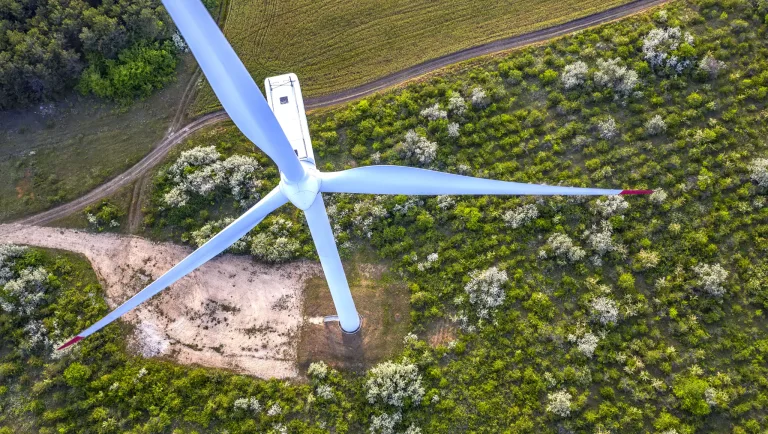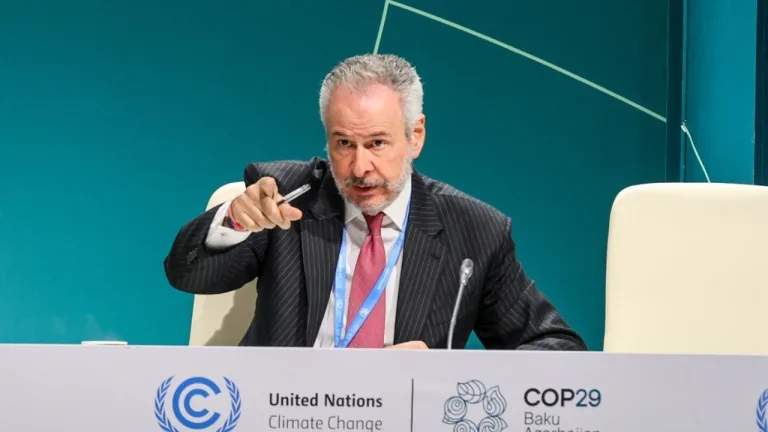
The world must now deliver...
As the world turns its attention to Belém, Brazil—the host city of the 30th United Nations Climate Change Conference (COP30) in November 2025—the message from its President-designate, André Corrêa do Lago, is unmistakably clear: the time for promises has passed. The world must now deliver.
From ambition to action
In a powerful statement issued to international stakeholders, Corrêa do Lago emphasised that COP30 must serve as a turning point in the global climate effort. The era of high-level pledges and visionary declarations, he asserted, must give way to concrete implementation. Countries are being called upon to enhance their Nationally Determined Contributions (NDCs) in line with the Paris Agreement’s 1.5°C target—before the window for meaningful action closes.
“We must move from vision to reality,” he wrote, “and do so with urgency.”
The Spirit of ‘Mutirão’
Drawing on the Brazilian concept of mutirão—a communal effort for the common good—Corrêa do Lago urged governments, institutions, businesses, and civil society to work in genuine collaboration. COP30, he noted, should not be seen as just another negotiation platform, but as a moment of global unity grounded in action and hope.
“It’s time to break free from the inertia of fragmentation,” he added.
Reimagining Global Climate Governance
Acknowledging the limitations of current mechanisms such as the UN Framework Convention on Climate Change (UNFCCC), the Brazilian presidency has proposed the establishment of a new United Nations Climate Change Council. The aim: to improve coordination, foster accountability, and streamline support for countries facing the brunt of the climate crisis. The Council would also prioritise data transparency and finance mobilisation.
Amazon at the Heart
Given the Amazon’s immense ecological importance and its centrality to global climate regulation, forest preservation and biodiversity will take centre stage at COP30. Corrêa do Lago underlined that protecting these vital ecosystems not only helps remove greenhouse gases from the atmosphere, but also supports local livelihoods and a growing bioeconomy.
This renewed focus aims to make nature-based solutions a pillar of climate response.
Finance for the Future
One of COP30’s most ambitious goals is to catalyse significant climate financing—particularly for developing nations. Building on the “Baku to Belém Roadmap”, the Brazilian presidency is targeting $1.3 trillion annually by 2035 in support of green transitions.
Among the proposed initiatives is the Tropical Forest Forever Facility, a $125 billion fund designed to reward countries that successfully preserve their forests and curb deforestation.
Empowering Civil Society
Corrêa do Lago was also keen to highlight the role of civil society. He stressed that climate action cannot rely solely on governments. Cities, communities, businesses, and NGOs must be empowered and involved to keep climate momentum alive beyond COP30.
“The summit must belong to the people, not just the diplomats,” he said.
A Defining Moment
As global climate cooperation faces political and economic headwinds, the urgency of the COP30 message is not just rhetorical—it’s existential. Corrêa do Lago’s call for action, solidarity, and structural reform signals an intent to reshape not just the climate dialogue, but how the world delivers on its climate commitments.
With time running out, COP30 could well determine whether the world can truly move from promises to progress.

